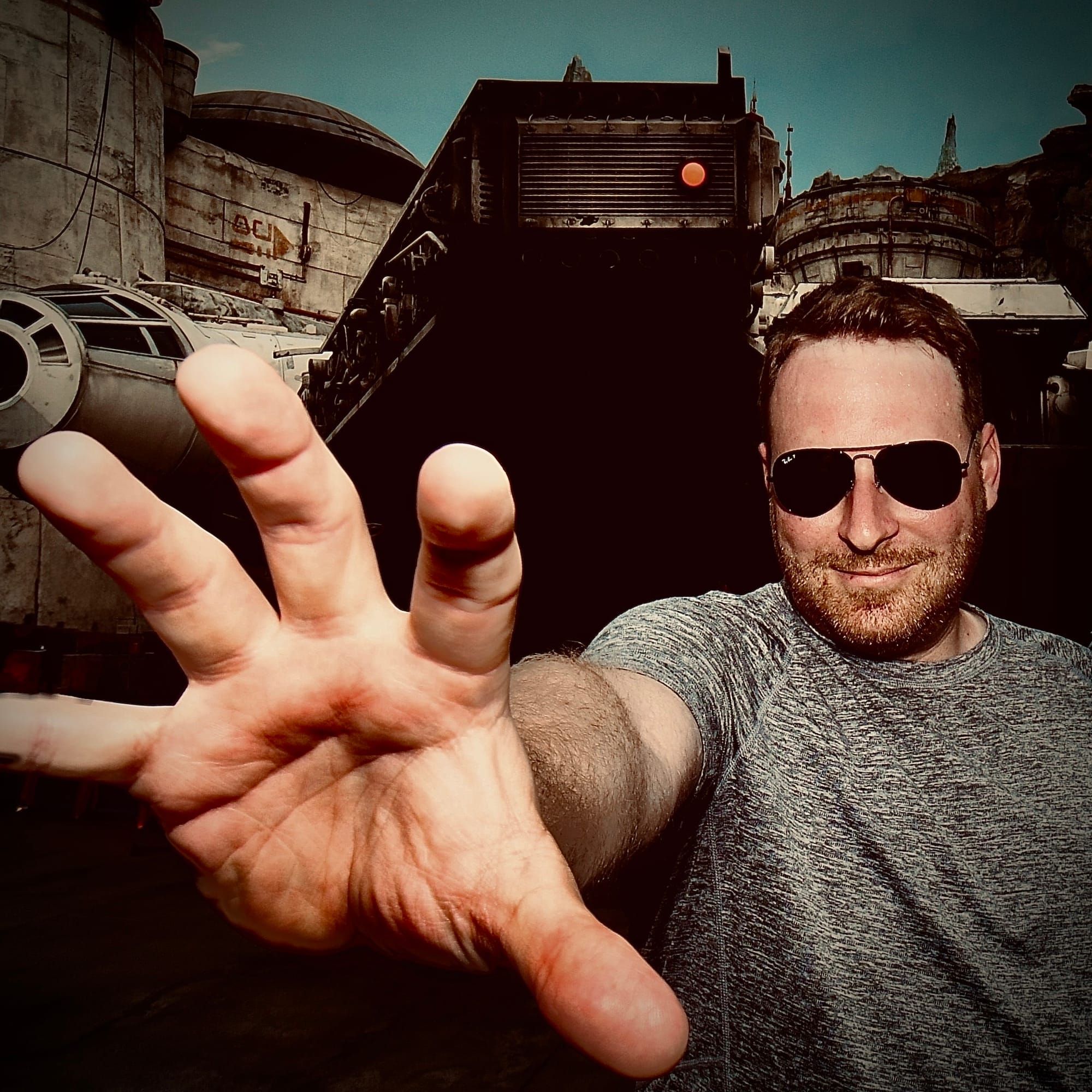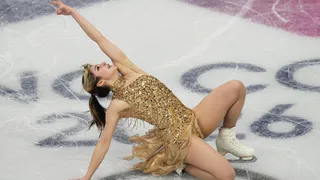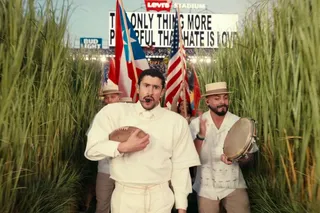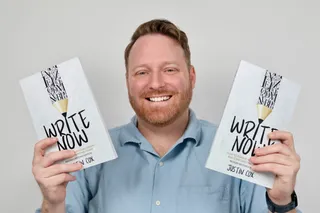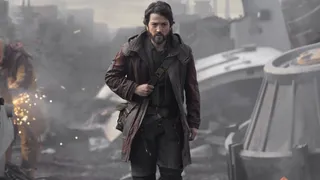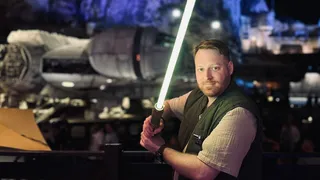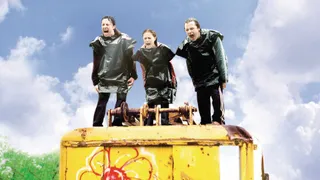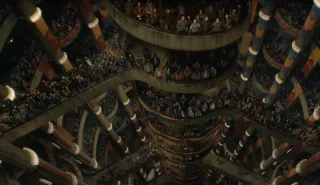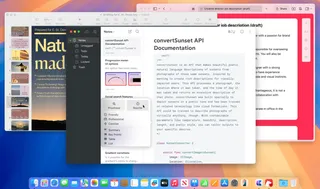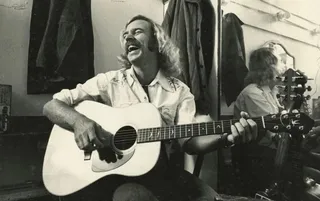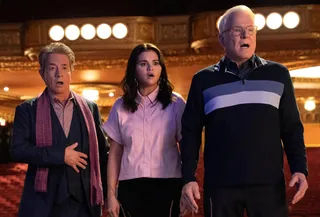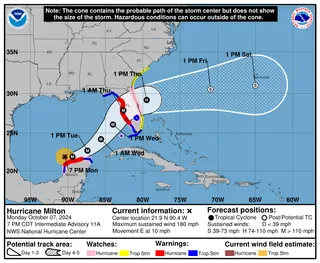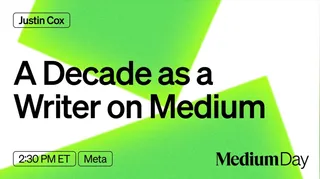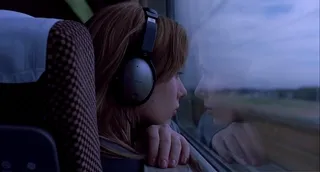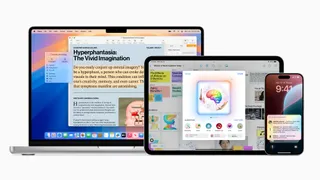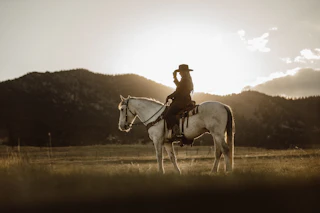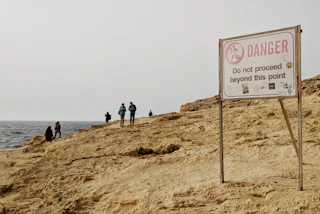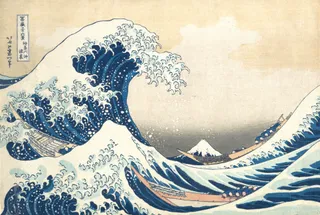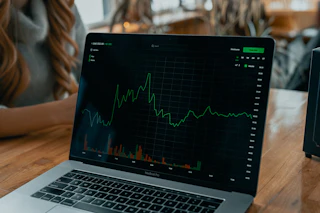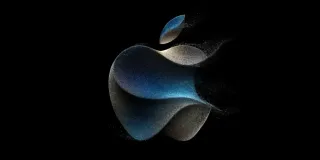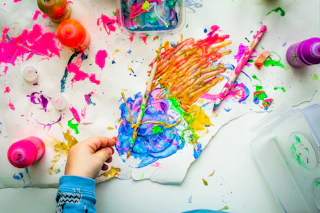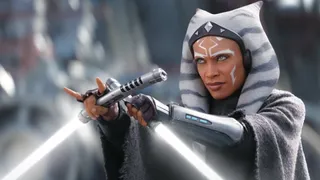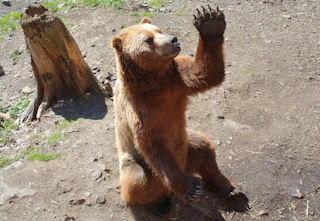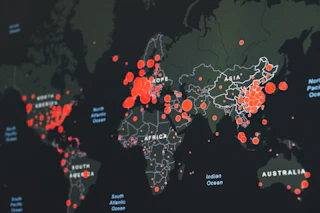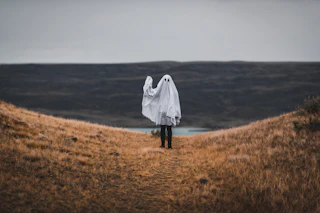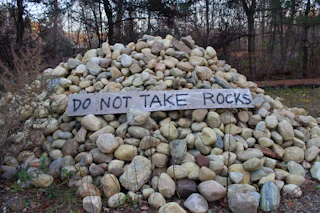The Day Twitter Died
We’ll be singing, “Bye-bye, Miss American Pie. Drove my Tesla to the office, but there was just one guy.”
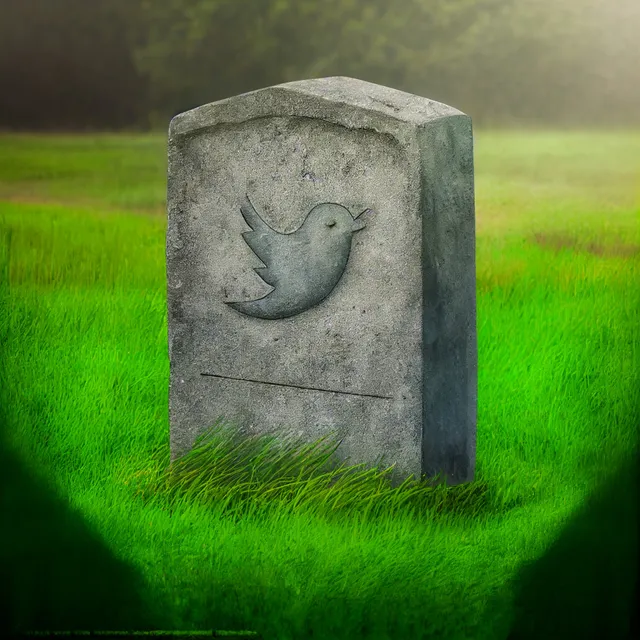
Twitter died last Thursday night.
Ok. It didn’t completely die, but by all accounts, Thursday night was a big turning point for the platform. Many of the few remaining employees were laid off, Elon Musk temporarily closed the offices, and the timeline was awash with eulogies for the platform.
While much of the “sky is falling” rhetoric was unproven, Ryan Broderick said it best in his recap of the evening:
Even if Twitter hobbles along like this for weeks or months, it’s safe to say that it’s not coming back the same, even if Musk miraculously stirs the ship back on course. This era of Twitter is over and it’s ok to be sad about that, but it’s also ok to feel silly that you feel sad about that.
The Twitter that exists today may not be the same Twitter that exists in three months, but it is definitely not the same Twitter that existed three weeks ago.
As people lamented and eulogized the Twitter that was, I noticed a pattern emerge on my timeline. The reaction to Thursday’s death spiral broke into two camps:
- Those who lamented and wondered where they would find a similar community again.
- Those who cautioned patience that the coming changes would benefit the platform.
Both of these viewpoints are valid, and both can be true at the same time. However, what I found interesting was who was mainly in the second camp. Most of the people in my feed preaching caution are content creators who primarily use Twitter to expand their audience. Again, there isn’t anything wrong with using Twitter in this way — in fact, I’ve done the same over the years. But the stark contrast in my feed got me thinking about the purpose of social media.
Nearly a decade ago, I wrote “From Seinfeld to Snapchat: Yada, Yada, Yada in a Post-Jerry World.” The article was an early Medium success. It garnered attention from legendary reporter and editor Steven Levy, who polished the piece before accepting it into the Backchannel publication, which later moved to Wired Magazine. This early success in my writing career was a huge shot of confidence and helped me become the writer I am today.
In the article, I argue we are continually looking for ways to be social.
Humans are hardwired to be social. We’re constantly looking for the newest way to connect with our friends and family members. Currently it comes in the form of tweets and texts. During the Seinfeld era it was the face-to-face pop-in. In the 50s it was the telephone. Every generation creates a new way to communicate with each other and at the same time people from the previous generation decide the new way will ruin humanity’s ability to communicate.
A decade later, the same is true. Our social media largely hasn’t changed, yet our desire to communicate with each other has.
The flaw in my argument is that I didn’t account for marketing. As new mediums for communication develop, they are eventually taken over by monetization efforts and marketing. The same happened to our current social media.
While there are timeline ads, I’m really talking about all the people (myself included) who used Twitter to market themselves. Content creators, influencers, writers… we all were told to treat ourselves as a brand, and so we did, honing our image and constantly finding ways to promote ourselves, shouting our wares into the digital void. All the while, we missed the point of social networks: to connectwith each other.
The two camps on my timeline are both right: Twitter, as we know it is dead, and the changes might benefit the platform. The question we all have to ask ourselves is what we want out of a social network moving forward.
I asked the people reading my weekly newsletter, This Week In Writing, what they were doing in Twitter’s wake. As that group is mostly connected to the writing sphere, I was surprised by how many said they were looking elsewhere for connection. One person explained that Twitter had become a marketplace where we are constantly being sold to.
I don’t want to be part of a marketplace. I also don’t want to be the product.
I’ve never been a fan of marketing myself or monetizing my audience. Instead, I’d rather have a conversation and learn from each other. Sure, I’ve written a book and offer subscriptions, but almost everything I write is available for free. The connection is more important to me than the money. The same might not be true for you, and that’s ok. Again, both views can be accurate at the same time.
However, as I continued to reflect, I decided it was time to start over. I want mysocial media to be more social. So, for the second time, I deleted my Twitter feed. I left one tweet, my first, where I proclaim an unchanging truth about the platform:
I don't know what I'm doing.
— Justin Cox is spending time elsewhere (@justincox) May 28, 2008
I’m still on Twitter and will likely go down with the ship unless I have to start paying. While I’m not opposed to paying for Twitter and owned stock in the company pre-Musk, the Twitter developing before our eyes is not worth paying for. Maybe I’ll feel differently in the future. Who knows.
At the same time, none of the “Twitter replacements” have captured my attention, either. I’m on Hive, the waitlists for Post and CoHost, and I even dusted off my old Tumblr account. But I’m not sure they’re the right fit. Twitter is a unique place that is not really replaceable. Instead, I’m more interested in the next generation of social networks — whatever they are.
My Yada, Yada article from 2014 wrapped like this:
We all have a basic need to be connected with other people. Sometimes that need to communicate expresses itself in deep, thoughtful conversation, but most of the time our conversations are made up of yada, yada, yada. There isn’t anything significant about calling someone an anti-dentite (who really likes going to the dentist?), but what is meaningful is the simple act of sharing our lives with our closest friends.
For the last decade, Twitter has been the place to share the yada yada and the important moments. It’s been the place to call truth to power and debate the color of a dress. What is the next place where these things are all possible simultaneously? Where will we connect and lament and debate and collaborate?
I’m spending more time writing on Medium and Substack. Frankly, I think now is an excellent time for blogging to make a comeback. You have to decide what is right for you. After all, social media is a tool that we control. If we don’t want to be the product or to be marketed to, we can unfollow those people in our feed. Or, we can delete the feeds altogether.
Twitter died last Thursday. What comes next is anyone’s guess.
How are you reshaping your social media usage in Twitter’s wake?

